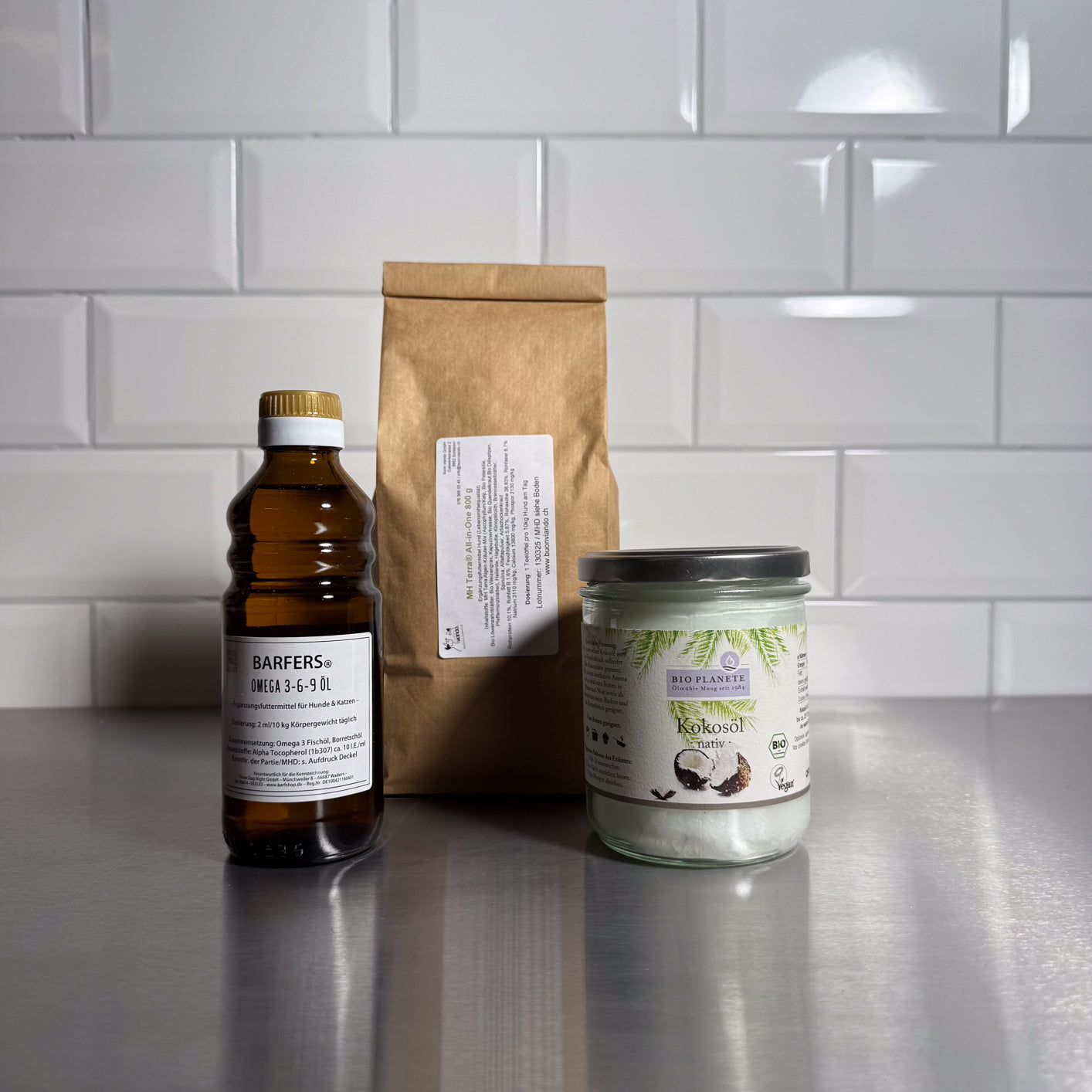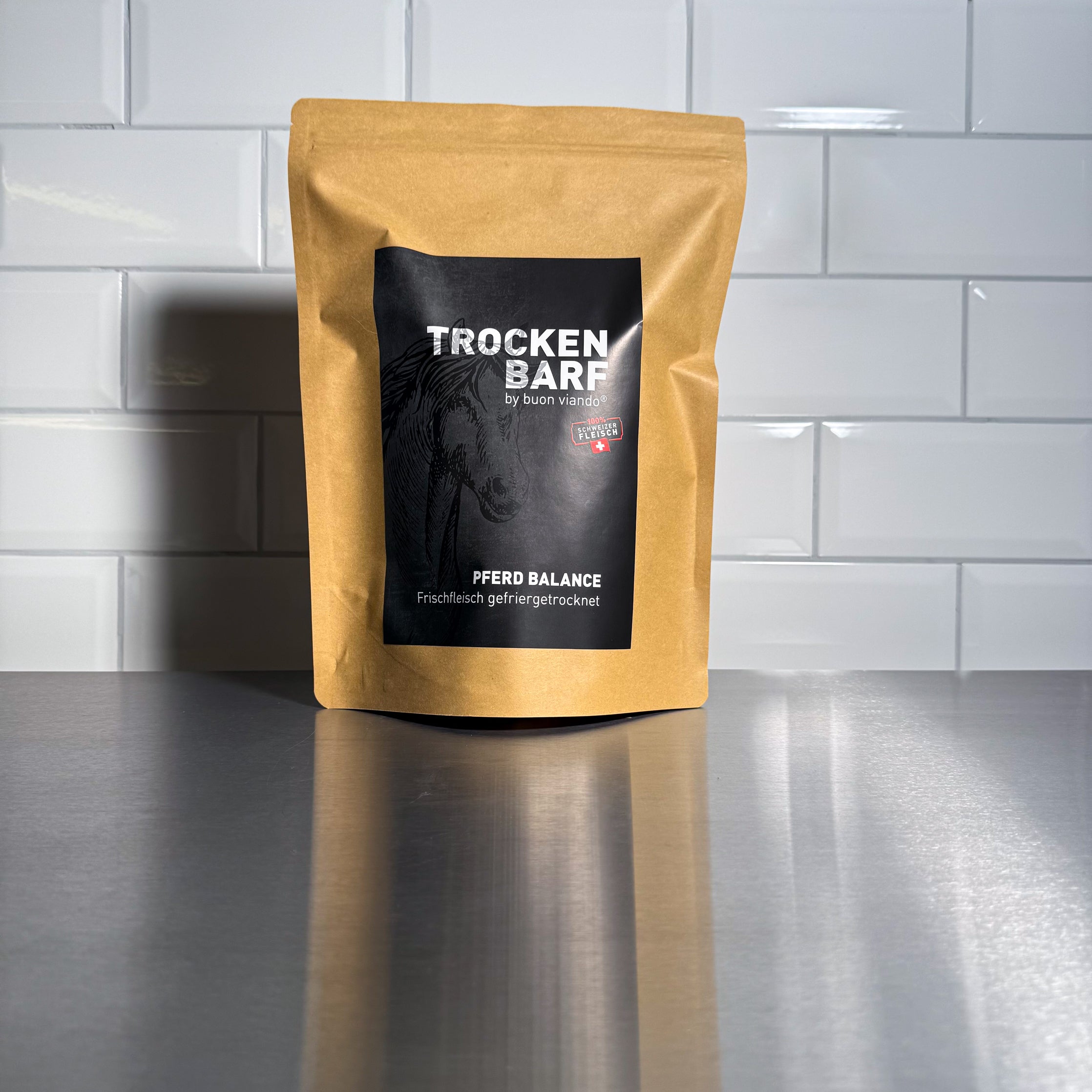Where does the green-lipped mussel come from?
The green-lipped mussel comes exclusively from the waters around New Zealand. It owes its name to the striking, greenish shimmering edge of its shell. It is not only considered a local delicacy but is also valued for its health-promoting properties – for humans and animals.
The gently dried mussel meat, which is available in powder form, as capsules, or tablets, is primarily used.
What makes the green-lipped mussel so special?
Green-lipped mussel contains an exciting combination of:
- Glycosaminoglycans (GAGs): Building blocks of cartilage, support synovial fluid, and help maintain the buffering function of the joints.
- Omega-3 fatty acids (especially ETA): Anti-inflammatory effects, which can have a positive effect on irritated joints and tendons.
- Amino acids, minerals, and trace elements: Comprehensive nutrition for connective tissue and cartilage.
Good to know:
The rare omega-3 fatty acid ETA (eicosatetraenoic acid) distinguishes green-lipped mussel from traditional fish oils. ETA inhibits specific inflammatory messengers—making it attractive for dogs with osteoarthritis or other joint problems.
Use in dogs—when does it make sense?
Green-lipped mussel is often used:
- For osteoarthritis, HD, ED, or other joint diseases
- To support older dogs with decreasing mobility
- As a preventative measure for sporting dogs and large breeds with high joint stress
- After surgery or injury, to support regeneration
Important: The effect usually doesn't appear overnight – many owners report positive changes after 4 to 8 weeks of regular administration.
And cats? Proceed with caution
Green-lipped mussel is generally also suitable for cats – however:
- Cats are often more sensitive to new supplements.
- The typical sea smell can sometimes make it difficult to accept it.
- High-dose products can cause digestive problems in sensitive cats.
Our tip for cats:
If you want to give your cat green-lipped mussel, start with a tiny amount and monitor its tolerance closely. As is often the case: If you are unsure, it is best to seek advice from a specialist – for example, a nutritionist or veterinary alternative practitioner.
Conclusion – Natural joint support with potential
Green-lipped mussel is an exciting, natural supplement to support joint health in dogs – especially those with arthritis or in old age. It can also be beneficial for cats, but with careful consideration and individual adjustment.










